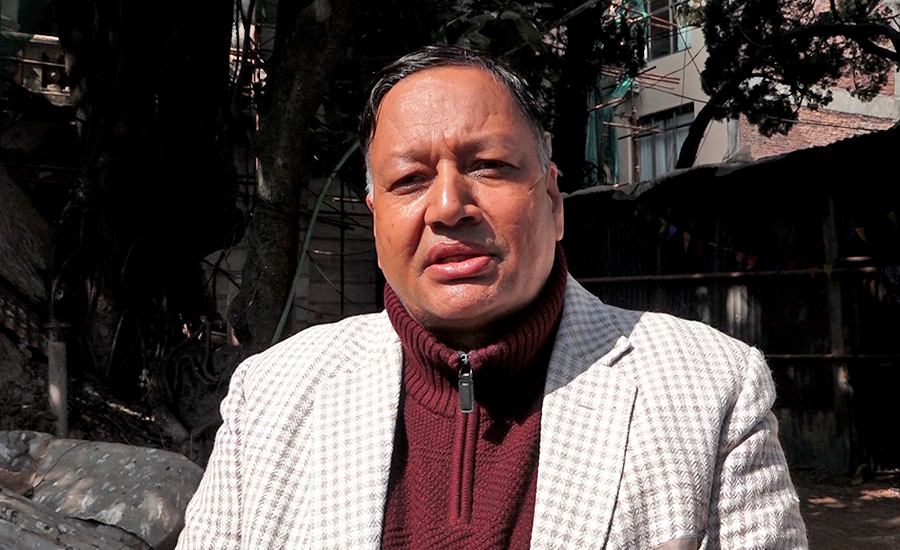Kathmandu, June 7
Minister for Education, Science, and Technology, Devendra Paudel has said Nepal’s efforts are geared toward reorienting all levels and structures of education for the transformation of society built on social justice, peace, prosperity, equity, and women’s rights.
In his address to the 2nd Asia Pacific Regional Education Ministers Conference jointly organized by the UNESCO, UNICEF and the Thailand Government and currently underway in Bangkok, the minister expressed his hope that the event would be able to find a sustainable pathway toward the attainment of education. 2030 / SDG and to address the current and emerging challenges that the region was collectively facing by reorienting the education structures and approaches to the needs of the region.
He took time to highlight the need for launching comprehensive reforms to address the
learning crisis which include measures such as conducive legal framework and clear procedures, customized curriculum that safeguard the core learning of children, allocation of additional budget, and development of ICT based learning materials.
“Back to our home, education is enshrined as a fundamental right of every citizen in the
Constitution. We are preparing to launch the School Education Sector Plan (ESP 2022-2030) from July 2012, which among others, aims to strengthen the resilience of our education system by mainstreaming conflict and disaster risk reduction measures into our education policies, programs, curricula and pedagogy,” he apprised the session.
“We aim to enhance emergency preparedness and response capacities of education authorities and stakeholders at all levels of government and protect those who are on the verge of marginalization and exclusion.”
As he explained, Nepal has enacted the Free and Compulsory Education Act -2018 and
formulated the National Education Policy -2019 to implement the constitutional rights to
compulsory and free basic education up to grade 8 and free secondary education up to grade 12. Besides, it has assured free higher education to those who are economically poor and to persons with disabilities.
Reminding everyone of the devastating and unprecedented consequences across the globe due to the COVID-19 pandemic, he stressed the need for reorienting the education system including the education structure, contents and delivery approaches.
“Along with the existing policy provisions, education itself needs to transform with enabling and equitable policy, good governance, increased parental and community development,
accelerated curriculum and diversified delivery approaches, adoption of technology and above all, teacher development.”
(RSS)




